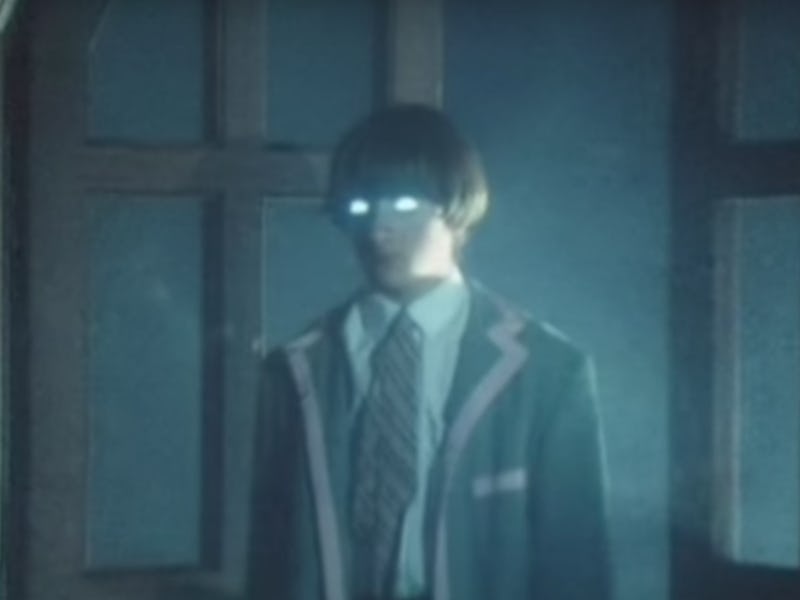What to Do If You Burn Your Eyes During the Total Solar Eclipse
Blurry vision and sore eyes are not a good sign.

Amid all the uncertainty about what chaos the total solar eclipse may bring, we can be sure of one thing: Someone’s going to burn their eyeballs looking at the damn thing. No matter how many science-approved viewing glasses, safe pinhole camera designs, or smartphone camera hacks the internet has presented to the public, inevitably, some human will be compelled to witness the eclipse in its naked glory and injure themselves in the process.
That person could even be you, though you might not know it until a few days from Monday.
The extreme effect of the solar eclipse eye “sunburn” is a condition called solar retinopathy, which is sun blindness caused by overstimulation of the retina — the thin, light-sensitive layer of tissue at the back of the eyeball. When too much light floods the retina, it can become severely damaged, leading to an inability to detect light — thus rendering people sun-blind.
The scary part is that people don’t immediately know that they’re injured: The retina has no pain receptors, so people who burn their retinas won’t feel it. Since the damage takes a few days to develop, they probably won’t realize they’re injured until their vision becomes defective several days later.
If you don't have safety glasses to wear during the eclipse, resist the urge to look at it directly.
The other, much more painful effect of staring at the solar eclipse without protection is damaging the cornea, the clear tissue covering the front of the eyeball. When the cornea gets burned by the sun’s UV rays, it gets inflamed, causing blurry vision and sore eyes. This condition, known as photokeratitis, is fortunately not permanent like solar retinopathy, but it must be treated by a physician as soon as possible because complications — like painful growths of excess tissue — may develop quickly. Treatment for photokeratitis often involves using pain-relieving eye drops, rest, and wearing very dark glasses.
If your eyes are sore and bloodshot and you suddenly can’t see clearly in the hours after viewing the solar eclipse, it probably means you experienced it wrong and need to get yourself to a doctor ASAP. On your way there, WebMD’s advice for corneal flash burns suggests you take your contacts out (if you wear them), put on dark glasses, and try using artificial tears to lubricate the eye.